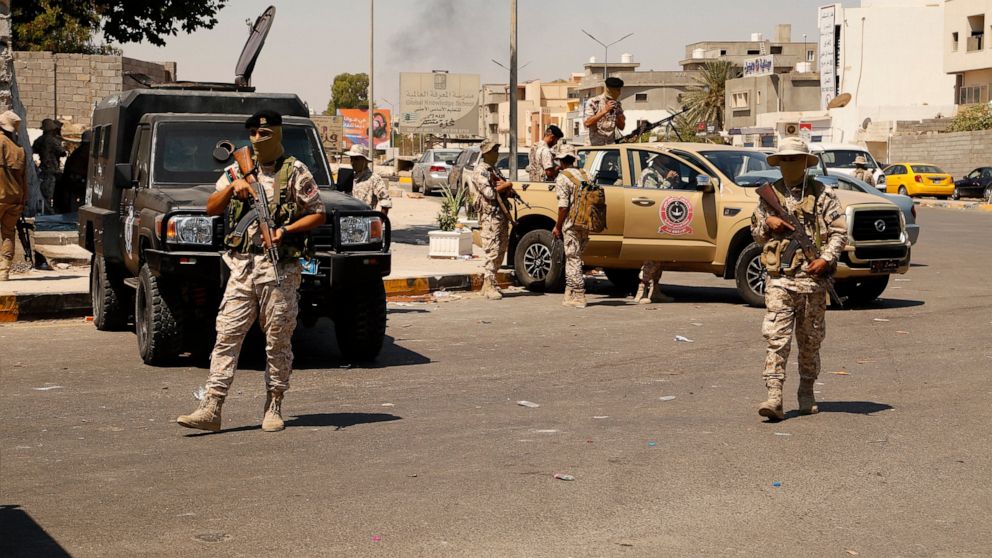UNITED NATIONS — The U.N. Security Council voted Thursday to extend its political mission in Libya, but at Russia’s insistence for only three months rather than a year-long mandate.
The council’s three African members abstained to protest Russia’s blocking the longer extension they say is needed to help the divided country move to elections and stability.
Russia’s deputy ambassador, Dmitry Poyansky, reiterated Moscow’s position that the U.N. mission must get a new special representative before it has a longer mandate.
U.N. special envoy Jan Kubis resigned last Nov. 23 after 10 months on the job, and a number of candidates proposed by U.N. Secretary-General Antonio Guterres have been rejected either by council members, Libya or neighboring countries.
After Kubis left, Guterres appointed veteran American diplomat Stephanie Williams, a former U.N. deputy special representative in Libya, as his special adviser. But council diplomats said she is leaving that post Sunday, which means the mission will have no leader as Libyans grapple with a constitutional and political crisis.
U.S. Ambassador Linda Thomas-Greenfield said the United States shares the frustration of the council’s three African members — Ghana, Kenya and Gabon. She called Russia’s contention that a three-month extension until Oct. 31 will somehow spur the selection of a new special representative “specious.”
The mission is important for the Libyan people “in supporting preparations for elections, monitoring the cease-fire, reporting on human rights issues, and providing technical assistance on state finances and budget,” she told the council after the 12-0 vote.
“It does a disservice to them, and all of us, to play games with the mandate,” she added.
Oil-rich Libya has been wracked by conflict since a NATO-backed uprising toppled and killed longtime dictator Moammar Gadhafi in 2011. The country was split by rival administrations, one in the east backed by military commander Khalifa Hifter and a U.N.-supported administration in the capital of Tripoli in the west. Each side is supported by different militias and foreign powers.
In April 2019, Hifter and his forces, backed by Egypt and the United Arab Emirates, launched an offensive trying to capture Tripoli. His campaign collapsed after Turkey stepped up its military support for the U.N.-supported government with hundreds of troops and thousands of Syrian mercenaries.
An October 2020 cease-fire accord led to an agreement on a…
Click Here to Read the Full Original Article at ABC News: US…

